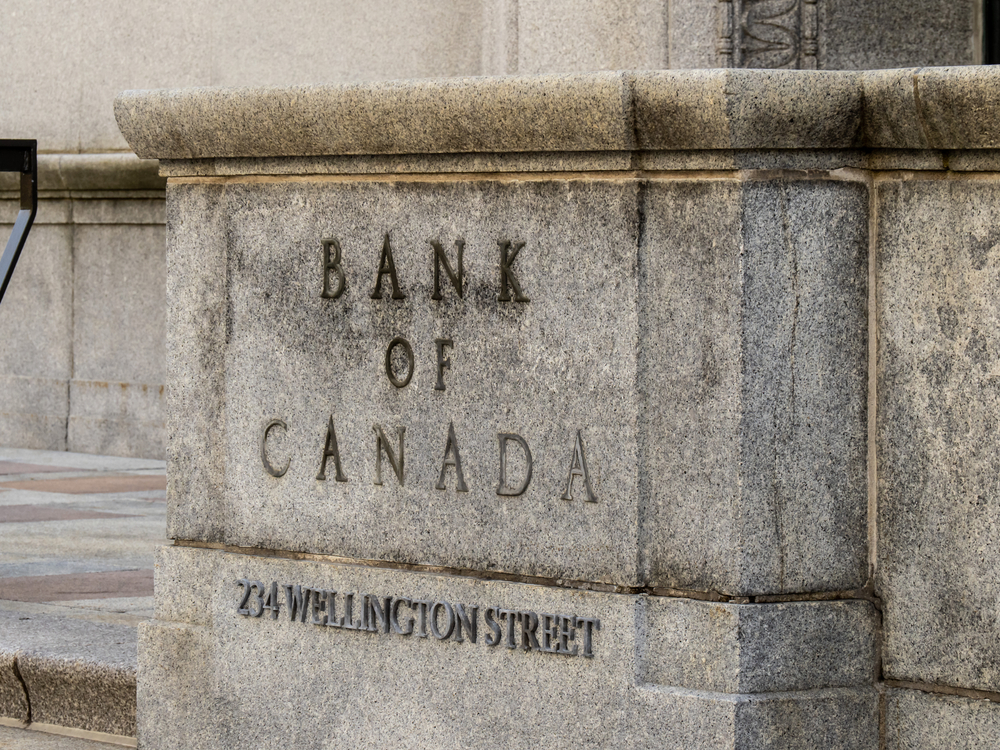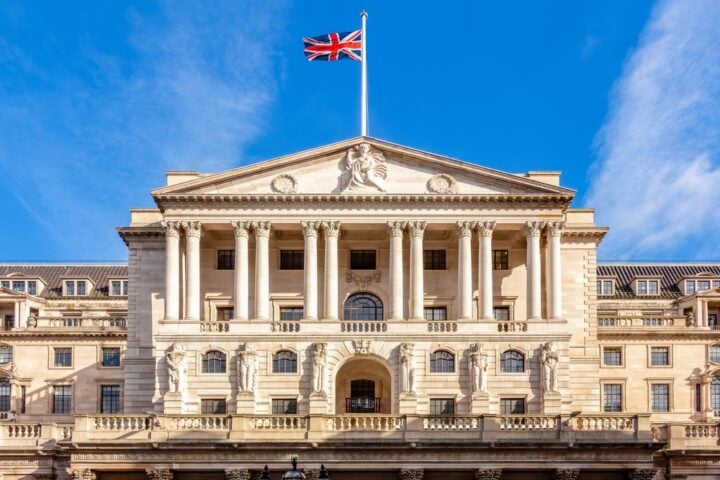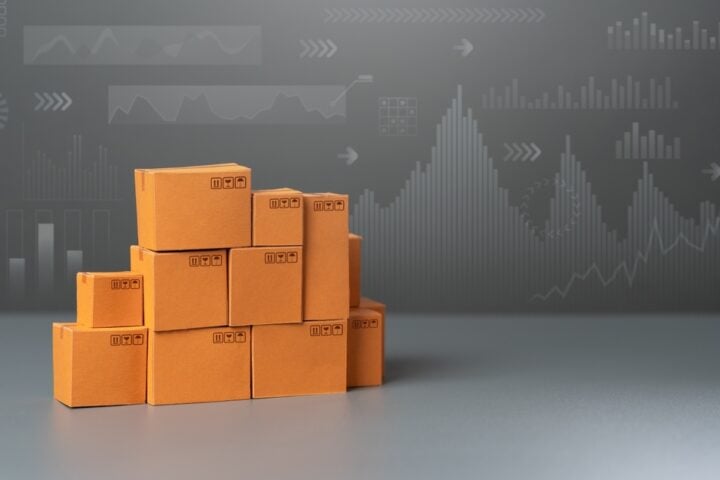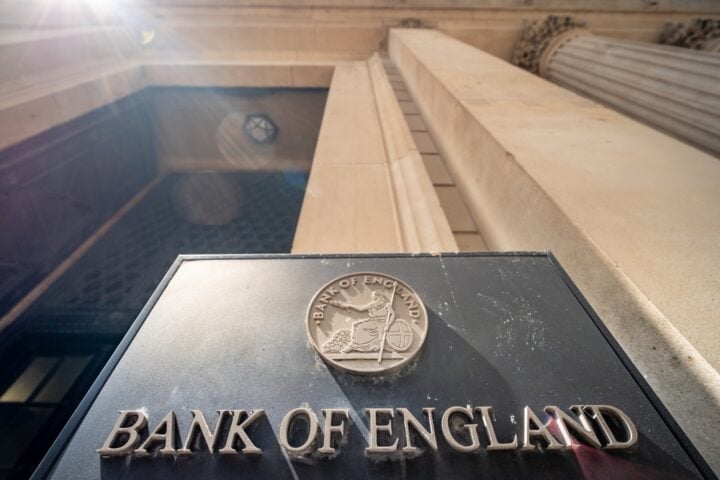BoC Flags Trade War Risks as it Cuts Rates Again
The Bank of Canada (BoC) warned that a prolonged trade dispute with the United States could lead to a permanent reduction in Canada’s GDP. The revelation came in the minutes of its latest policy meeting, released Wednesday, following a 25 basis-point rate cut to 3% on January 29. This marked the central bank’s sixth consecutive rate reduction.
The BoC’s decision factored in mounting uncertainty, as U.S. President Donald Trump threatened to impose tariffs on all Canadian imports. While those tariffs have been paused for a month, Trump announced a 25% tariff on steel and aluminum imports on Sunday.
Economic Growth at Risk
The central bank made clear that the consequences of an extended trade war could be severe. “It was clear that a protracted trade conflict would lead to a decline in economic activity,” the minutes stated. The governing council further warned that “the adverse impact on the level of GDP would be permanent”, meaning economic growth would remain lower until Canada could fully adjust to the tariffs.
Canada sends nearly 75% of its goods and services exports to the U.S., making it highly vulnerable to shifts in American trade policy. If Canada retaliates with its own tariffs, the BoC cautioned that inflation could rise further.
Uncertainty Weighs on Policy Decisions
The BoC acknowledged that it is increasingly difficult to predict U.S. trade policy. “Members acknowledged that it was impossible to predict what would happen with U.S. trade policy,” the minutes stated.
Concerns over trade have already clouded the BoC’s economic forecasts. The bank pointed out that businesses are hesitant to make long-term investments, with some Canadian companies considering relocating operations to the U.S. to avoid potential tariffs. The minutes warned that an escalating trade war could weaken the Canadian dollar, disrupt supply chains, and reduce incomes nationwide.
Tariffs Could Trigger Capital Flight
Policymakers expressed particular concern about potential capital flight. The minutes noted that some businesses were already evaluating moves to the U.S., a trend that could accelerate if tariffs are imposed.
The council also plans to closely monitor the impact of tariffs in real-time, focusing on how they affect supply chains and inter-industry links across the economy.
Final Thoughts
The BoC’s rate cut is meant to cushion Canada’s economy amid growing trade uncertainties, but policymakers remain wary of Trump’s tariff threats. If tensions escalate into a full-blown trade war, the BoC fears the consequences could be long-lasting, with permanent economic damage and weaker future growth.







